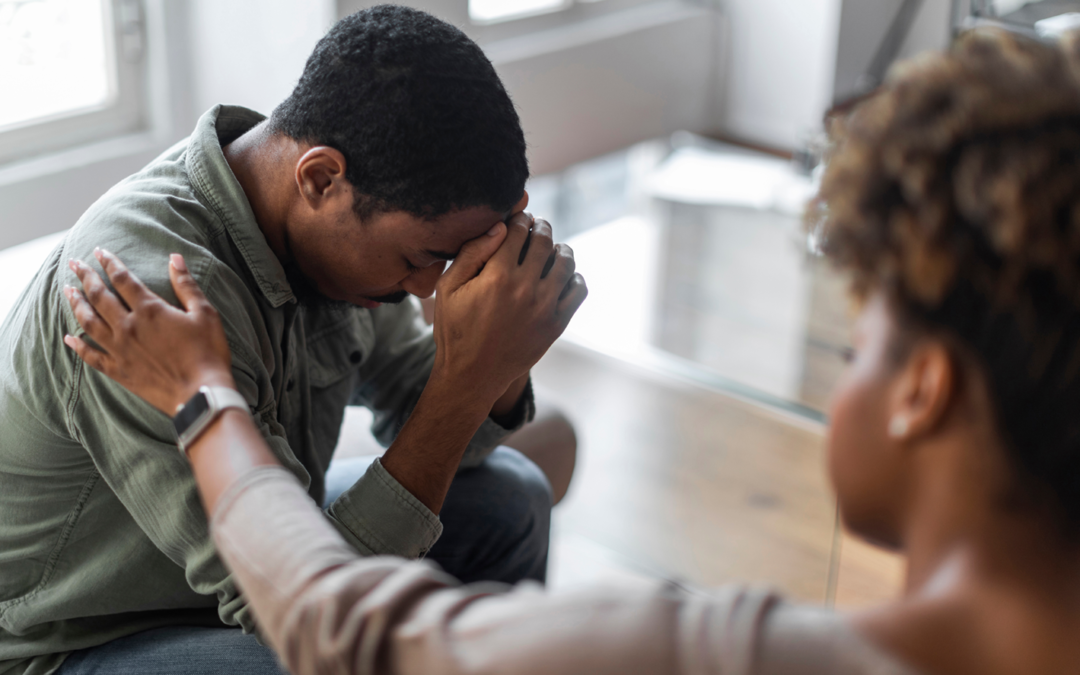July marks the celebration of National Minority Mental Health Awareness Month. Named in honor of Bebe Moore Campbell, a renowned African American author, advocate, and mental health ally, this significant period serves to highlight the unique struggles faced by underrepresented groups in the realm of mental health. Amidst all the other critical observances, this month stands out as a clarion call for inclusivity, empathy, and justice within the mental health sphere.
Why is National Minority Mental Health Awareness Month Important?
National Minority Mental Health Awareness Month is necessary for shining a light on the disparities that permeate mental health care among minority groups. The cultural, racial, and ethnic differences in our society contribute to disparities in mental health outcomes and the stigma attached to mental health disorders. It is essential to focus on these underserved communities to create an equitable mental health landscape that works for everyone.
Mental illness does not discriminate; it affects people of all ages, races, and socio-economic statuses. Yet, minority communities often face additional barriers in accessing mental healthcare, such as socio-economic disadvantages, language barriers, lack of insurance, and culturally insensitive health care systems. These obstacles can lead to delayed or inadequate care, ultimately exacerbating mental health issues.
Beyond the barriers to access, there are cultural stigmas and misconceptions about mental health that can deter individuals from seeking help. Some minority communities might view mental health issues as a sign of personal weakness or a taboo subject not to be discussed. These stigmatizing views can contribute to feelings of shame or fear, inhibiting individuals from acknowledging their struggles or seeking professional help.
The Minority Mental Health Awareness Month is a time to address these disparities, to educate the public, to advocate for changes in the healthcare system, and to offer resources to those who need them most.
How You Can Observe National Minority Mental Health Awareness Month
1. Educate Yourself and Others: Learn about the unique mental health challenges that minority communities face. Seek out information about mental illnesses and the systemic barriers to treatment. Then, share your knowledge with others, either through social media, a blog, or conversations with friends and family.
2. Support Mental Health Organizations: Many organizations work tirelessly to provide mental health resources to minority communities. Consider donating to or volunteering with these groups to support their efforts.
3. Advocate for Mental Health Policies: Use your voice to promote policies that increase access to mental health services for minorities. This could involve contacting your local representative, participating in peaceful protests, or advocating for mental health at your workplace.
4. Promote Mental Health in Your Community: Host or participate in local events to raise mental health awareness, like workshops, seminars, or virtual webinars. Collaborate with local schools, religious institutions, or community centers to reach more people.
5. Practice Active Listening: If someone from a minority group shares their mental health experience with you, listen empathetically. Validate their feelings and experiences without offering unsolicited advice or judgment.
6. Cultivate Cultural Sensitivity: If you’re a mental health professional, seek out training and education to better understand and accommodate the cultural nuances of minority patients.
7. Promote and Share Minority Mental Health Resources: There are numerous culturally-sensitive resources available, like therapists specializing in certain cultural backgrounds, hotlines with multilingual services, or mental health apps specifically designed for minority communities. Promote these services on social media or share them with individuals who might benefit.
National Minority Mental Health Awareness Month is a crucial observance that beckons us towards a more equitable, inclusive, and just mental health landscape. It is a call to action – an appeal to stand in solidarity with minority communities as we collectively strive for better mental health for all


Recent Comments